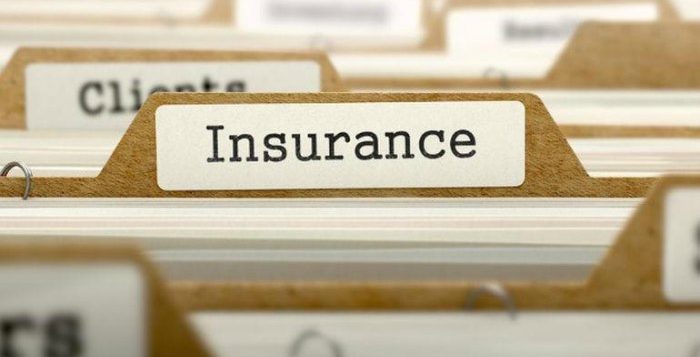Starting a new business is an exciting chapter of your life, filled with growth and success. However, it’s also a period of your life where you need to figure out many things to ensure that your business is successful and obstacle-free. That’s why insuring it is important. Aside from insurance being a legal obligation, it’s also a crucial step in protecting your hard work and investment from unforeseen risks. That’s why we will talk about some of the essential steps to getting your business insured.
Why You Need to Insure Your Business
First of all, let’s see why you need to make sure your business is protected. Business insurance is similar to a safety net, catching you when things go wrong. No matter how carefully and meticulously you plan things, unexpected events can happen, and without insurance these events could potentially cripple your business financially.
For instance, imagine a fire breaking out in your office, a customer getting injured on your premises, or a lawsuit being filed against you. Without proper coverage, the costs associated with these incidents could be astronomical. That’s why it’s important to find the right insurance brokers that will lead you through this process and help you pick out the best coverage for you.
How Insurance Brokers Can Help
Confusing information and advertising that might be misleading is a fairly common practice in some parts of the insurance sector. For this reason, the services of insurance brokers can be very valuable, as they can provide objective advice about taking out insurance, always looking after the customer’s interests.
An insurance broker is a person who acts as an intermediary between the customer and the insurance company, giving advice and recommending the company, type of policy, and the clauses that are most suitable for you. They are a qualified professional with extensive experience and knowledge of the insurance sector.
They have the freedom to offer independent advice and they protect the interests and rights of their customers when they take out insurance, they choose a company, negotiate clauses and report incidents. What is the purpose of an insurance broker? Their main functions are to advise customers on everything related to the policy that they need to take out, prices, what guarantees the policy does and does not cover, advantages and disadvantages of each type of policy.
Another function is to act on behalf of the customer at all stages of the procedure: contracting the policy, the choice of clauses, etc. They protect the interest of their customers, taking care of the assets at all times as well as analysing the customer’s real needs and, depending on what they are, offering the most suitable policy.
When looking for an insurance brokerage professional, make sure that they have experience and a range of skills to carry out their work properly. They must be familiar with the potential risks that each customer can face in order to advise them correctly, and they should have excellent communication skills to walk you through the process and to mediate effectively between you and the insurer, resolving any issues that may arise.
Type of Insurance For Businesses

Even if you have the best insurance brokers, you still need to be familiar with different types of insurance to make the right decision. There are many types, each suitable for different situations and businesses, so it’s important to be familiar with them. Liability insurance is fundamental for any business. It protects you against claims resulting from injuries and damage to people or property.
There are different forms of liability insurance, including product liability related to protection in the case of manufacturing or sales of products, public liability that protects your business against claims from accidents that occur as a result of our business activities, and damages to third-party property. This insurance covers the legal costs, regardless of the outcome of the claim.
Then you have business insurance which also has different subtypes. This insurance plays a vital role in the risk management strategy of all businesses, no matter the size. The right business insurance policy can be the difference between survival and bankruptcy, following a significant loss or crisis. One subtype is property insurance which covers damage to your business premises and contents from incidents like fire, theft or vandalism.
Cyber insurance is also an important part of this, especially with the rise of digital technology. This insurance protects your business from losses resulting from cyber-attacks, data breaches and other cyber-related incidents. Commercial insurance encompasses a broad range of insurance policies, designed for businesses, including commercial property insurance which protects your business assets.
Then you have vacant property insurance, which protects your property even though it’s vacant so that you can relax and won’t have to worry about your possessions. Insuring your business is not just a box to tick off, it’s a vital step in securing the future of your venture. By understanding the importance of it and finding the right insurance broker for you, you can protect your business from a wide range of risks. Remember the goal of the insurance is to provide peace of mind, allowing you to focus on growing your business without constantly worrying about potential pitfalls.





























